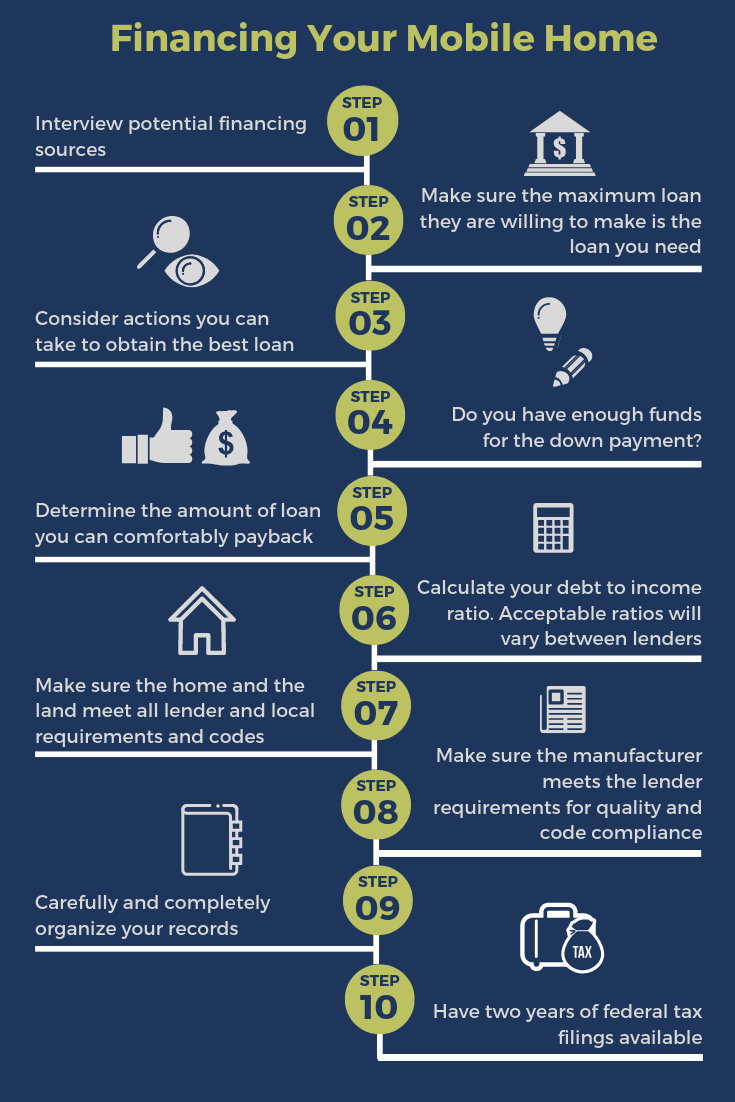Table of ContentsThe 6-Second Trick For What A Bond In FinanceThe Ultimate Guide To What Is A Gt Bond (Finance)Excitement About How Do I Calculate The Yield To Maturity Of A Bond Using Business Finance OnlineAbout How To Find Bond Price On Yahoo Finance
Businesses aren't the only entities that can release bonds. Governments and towns sell them as well. Let's take a look at how these sort of bonds vary. Advertisement Federal Government Bonds: To fund programs, satisfy their payrolls and essentially pay their costs, governments issue bonds. Bonds from stable governments, such as the United States, are thought about very safe financial investments.
The U.S. government issues its own bonds from the treasury and from a number of government agencies. Those maturing in less than one year are called T-bills. Bonds that develop in one to ten years are T-notes, and those that take more than 10 years to develop are treasury bonds. Sometimes, you do not need to pay state or regional earnings taxes on the interest they earn.
Munis financing things like healthcare facilities, schools, power plants, streets, office complex, airports, bridges and so on. Towns usually provide bonds when they require more money than they collect through taxes. The good idea about community bonds is that you do not have to pay federal earnings taxes on the interest they earn.
While business bonds are a higher danger than federal government bonds, they can make a lot more money. There's likewise a much larger selection of business bonds. The drawback is that you do have to pay federal earnings tax on the interest they make. Especially when buying business bonds, it is necessary to think about how dangerous the bond is.
You can investigate the issuer's monetary circumstance to see how strong its potential customers are. This includes investigating things like cash circulation, debt, liquidity and the company's service plan. As fun as it sounds to research these things, many of us do not have the time or abilities to evaluate a corporation's financial scenario precisely.
Their professionals investigate a business's scenario and identify a bond ranking for the business. Every rating service has its own formula for determining risk and its own sort of score scale. Typically, rating scales are spelled out in letter grades, where an AAA rating designates a safe, low-risk bond, and a D ranking designates a high-risk bond.
federal government bonds, are generally low-yield bonds. You can depend on getting a payment but that payment will be little. how is a bond represented in the yahoo finance. On the other side of the spectrum, you have what's not-so-affectionately called, which are low-rated, high-risk bonds. In order to attract financiers into purchasing these risky scrap bonds, the releasing business promise high yields.
Not known Incorrect Statements About What Is Bond In Finance
However if you do, you could get paid in spades. Still not sure about a few of the terms associated with bond investment? Take a look at the glossary on the next page.
Bonds are loans made to large organizations. These include corporations, cities, and national federal governments. A private bond is a piece of a huge loan. That's since the size of these entities needs them to borrow cash from more than one source. Bonds are a type of fixed-income investment. The other kinds of financial investments are cash, stocks, products, and derivatives.
They differ according to who releases them, length till maturity, interest rate, and threat. The safest are short-term U.S. what is a gt bond (finance). Treasury expenses, but they also pay the least interest. Longer-term treasurys, like the standard 10-year note, offer a little less danger and marginally greater yields. POINTERS are Treasury bonds that safeguard versus inflation.
They return a little more than Treasuries but are a bit riskier. Business bonds are released by business. They have more threat than government bonds because corporations can't raise taxes to spend for the bonds. The danger and return depend on how credit-worthy the business is. The greatest paying and greatest risk ones are called junk bonds.
Until then, the customer makes agreed-upon interest payments to the shareholder. People who own bonds are likewise called lenders or debtholders. In the old days, when individuals kept paper bonds, they would redeem the interest payments by clipping vouchers. Today, this is all done electronically. Obviously, the debtor repays the principal, called the stated value, when the bond develops.
They can only do this since there is a secondary market for bonds. Bonds are either publicly traded on exchanges or offered independently between a broker and the creditor. Since they can be resold, the worth of a bond fluctuates until it develops. Imagine The Coca-Cola Business desired to borrow $10 billion from financiers to get a large tea company in Asia.

It issues each bond at a par value of $1,000 and promises to pay pro-rata interest semi-annually. Through a financial investment bank, it approaches financiers who invest in the bonds. In this case, Coke requires to sell 10 million bonds at $1,000 each to raise its wanted $10 billion prior to paying the fees it would incur. Each $1,000 bond is going to receive $25.00 each year in interest.
Some Known Details About What Is Bond Rating Finance

If all goes well, at the end of 10 years, the original $1,000 will be returned on the maturity date and the bond will cease to exist. Bonds pay off in 2 ways. Initially, you get earnings through the interest payments. Obviously, if you hold the bond to maturity, you will get all your principal back.
You can't lose your investment unless the entity defaults. Second, you can profit if you resell the bond at a greater cost than you purchased it. Often bond traders will bid up the price of the bond beyond its face worth. That would take place if the net present value of its interest payments and principal were higher than alternative bond financial investments.
Many individual investors prefer to let a skilled fund supervisor pick the finest choice of bonds. A bond fund can likewise minimize threat through diversification. In this manner, if one entity defaults on its bonds, then just a small part of the financial investment is lost. Some bonds, referred to as zero-coupon bonds, do not distribute interest income in the type of checks or direct deposit but, rather, are released at a particularly determined discount rate.
Over the long haul, bonds pay out a lower return on your investment than stocks. In that case, you might not earn enough to outpace inflation. Investing only in bonds may not enable you to save enough for retirement. Business can default on bonds. That's why you need to inspect the shareholder's S&P ratings.
They could quickly default. They need to provide a much greater rates of interest to attract purchasers. Although normally thought about "safe," bonds do have some risk. Credit danger refers to the probability of not getting your assured principal or interest at the contractually guaranteed time due to the company's failure or aversion to distribute it to you.
The outright greatest investment-grade bond is a Triple-A rated bond. There is constantly a possibility that the government will enact policies, deliberately or accidentally, that result in widespread inflation. Unless you own a variable rate bond or the bond itself has some sort of built-in defense, a high rate of inflation can destroy your buying power.
When you purchase a bond, you understand that it's probably going to be sending you interest earnings routinely. There is a danger in this, however, in that you can not forecast ahead of time the precise rate at which you will have the ability to reinvest the cash. If rates of interest have dropped substantially, you'll need to put your fresh interest earnings to work in bonds yielding lower returns than you had actually been enjoying.
Not known Details About What Is Principle In Finance Bond
This implies that as soon as you get them, you may have a difficult time offering bonds at leading dollar. This is one of the reasons it is usually best to limit the purchase of specific bonds for your portfolio to bonds you mean to hold up until maturity. For lots of people, valuing bonds can be complicated.
To put it simply, the more need there is for bonds, the lower the yield. That seems counter-intuitive. The factor depends on the secondary market. As individuals need bonds, they pay a greater cost for them. However the interest payment to the shareholder is repaired; it was set when the bond was initially offered.
Put another way, the price they spent for the bond yields a lower return. Investors usually demand bonds when the stock market ends up being riskier. They want to pay more to prevent the greater threat of a plunging stock market. Given that bonds return a set interest payment, they look attractive when the economy and stock exchange decline.